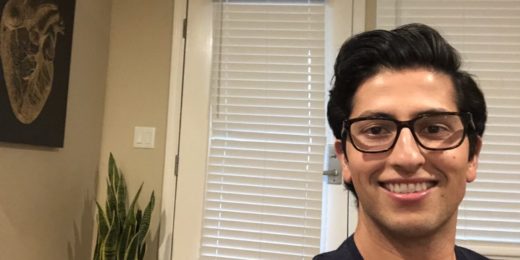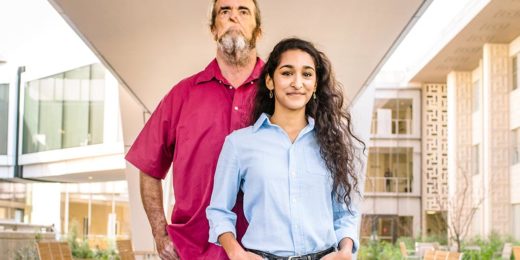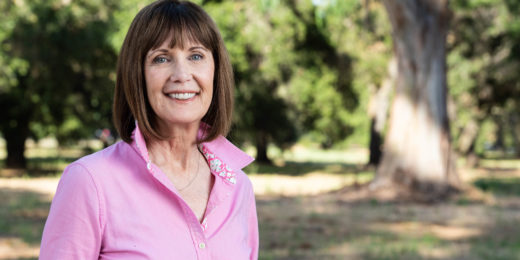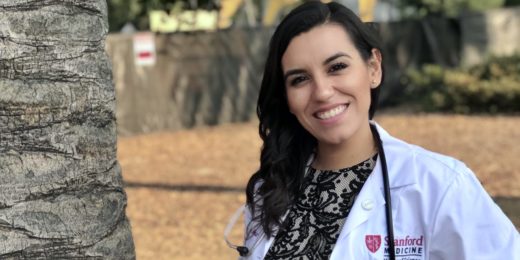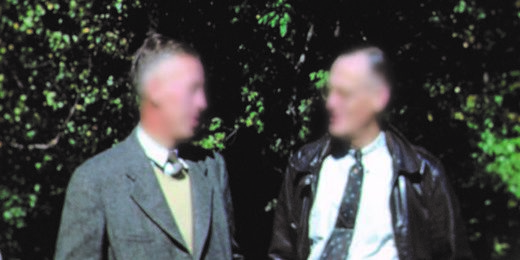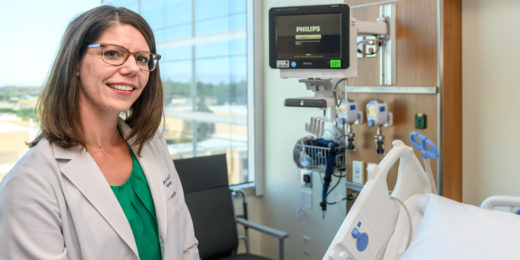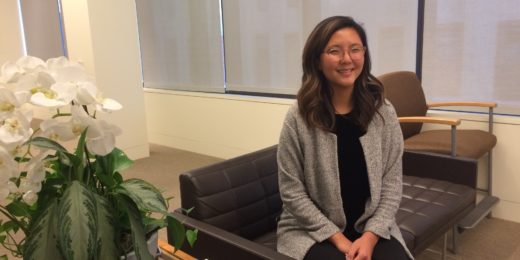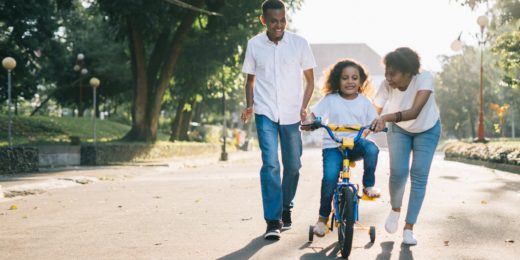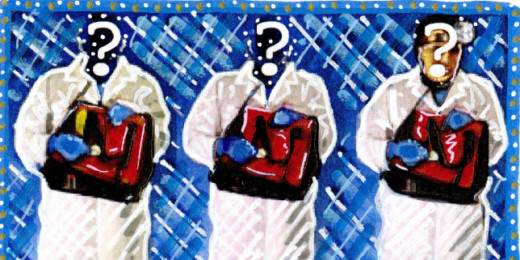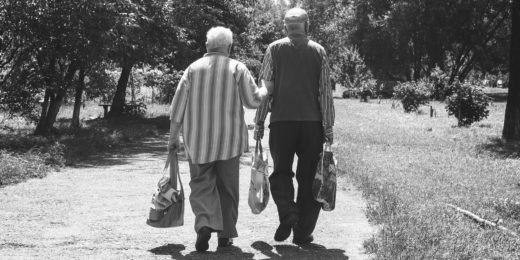Hospitals are seeing a 40% drop in emergency visits, in part because patients with serious conditions other than COVID-19 are reluctant to seek care.
Author: Mandy Erickson
A physician’s COVID-19 experience: ‘I’m young and healthy. Yet I still was susceptible’
Stanford cardiologist Rahul Sharma spent nearly a month in quarantine after a mild case of COVID-19. He describes how the experience changed him.
Walk with me: Patients and med students bond, learn from each other in course
In the Stanford Medicine course Walk with Me, students are paired with patients to learn about life with a chronic or serious illness.
New treatment offers relief from severe depression in small study
A new form of transcranial magnetic stimulation, devised by Stanford researchers, relieved 90% of study participants of their depression.
ACA helps trauma patients avoid financial catastrophe, but more is needed
The Affordable Care Act has reduced the number of people who face overwhelming hospital bills after trauma, but many are still vulnerable.
A daughter of farmworkers, Stanford physician assistant student plans to care for the underserved
In the Spotlight: Yadira Castañeda, a Stanford physician assistant student, discusses her goal to care for people like her parents, immigrant farmworkers.
Alcoholics Anonymous validated by meta-analysis: ‘It absolutely does work’
Alcoholics Anonymous, the fellowship of sobriety seekers, is the most effective path to abstinence, according to a Stanford researcher and collaborators.
Residents are still mastering medicine. But can they fix health care problems too?
A new curriculum trains neurology residents to think like engineers in a factory — improving outcomes while reducing waste and lowering costs.
Exposing the effort to glamorize heated tobacco
IQOS, a new way of smoking, has recently arrived in the United States, but a smoking researcher warns it's not clear it's any better than cigarettes.
Neurosurgery care at Stanford inspired patient to return as a nurse
As a child, Isabelle Yi received treatment at Stanford for a neurological disorder. She returned as a nurse to care for patients with similar conditions.
A vision for “whole person” health in 2030
A Stanford physician and leader at the American Heart Association explains why the organization's goals for 2030 include more than heart health.
Cancer screening: An illustrated story
A Stanford medical student uses images from pathology to tell a story about the medical ethics of screening for prostate cancer.
Team-building, with toys
Emergency medicine physicians practice communicating effectively with their colleagues by building a model helicopter out of Legos.
Mental health among older, low-income adults in the U.S. is getting worse
A survey of Americans' well-being shows that seniors with low incomes are reporting worse mental health while their physical health is stable.
Inspired by a stay at Stanford Hospital, a teacher becomes a nurse
The care Bethel Tan received at Stanford Hospital after surgery to treat moyamoya disease inspired her to pursue a career in nursing.
Taking benzodiazepines boosts chances of long-term opioid use
Patients who receive prescriptions for both opioids and benzodiazepines are more likely to use opioids long term, Stanford researchers have found.



